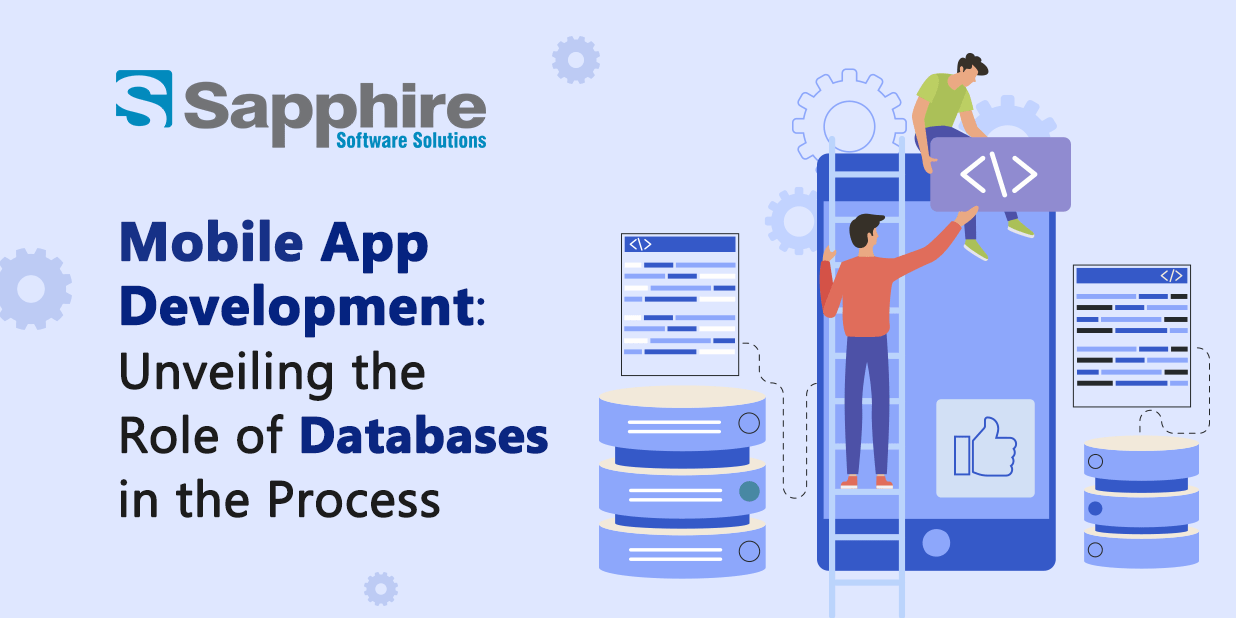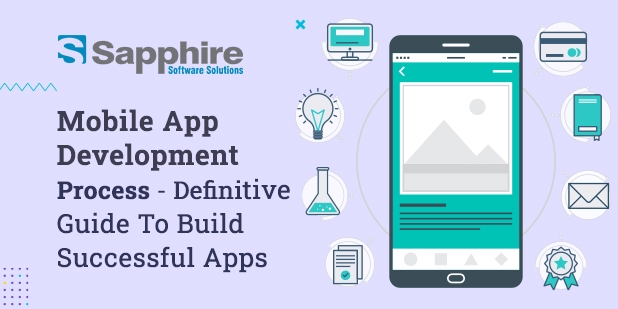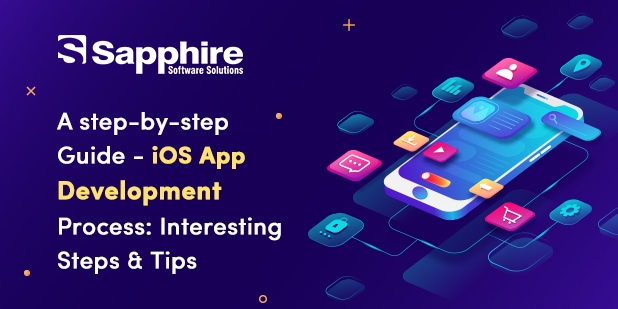Mobile apps have become an essential part of our everyday lives due to the change brought about by mobile technology in how we engage with digital services. In the background, databases are essential to creating and operating mobile applications. This post will examine databases’ functions, kinds, and best practices in Mobile App Development Services.
Understanding the Function of Databases in the Development of Mobile Apps:
As the foundation for data storage, retrieval, and administration, databases are essential to creating mobile apps for a mobile app development company in USA. Successful mobile app development requires effective data management, data security, and database performance optimization.
Types of Databases Used in the Development of Mobile Apps:-
Databases are essential for effectively storing and managing data while creating mobile apps. Multiple database types are used to accommodate diverse data needs and application situations.
Several popular database types utilized in the creation of mobile apps include:
Relational databases have long been the standard for storing structured data. They arrange the data in tables with columns for characteristics and rows for records. Relational databases, which provide strong data integrity and consistency, employ SQL to manipulate data.
NoSQL databases provide a flexible structure and can grow horizontally to handle significant data volumes.
By drastically lowering response times, in-memory databases like Redis and Memcached enhance the functionality of apps.
Hosted and maintained on cloud platforms, cloud databases provide excellent scalability and simple upkeep and are accessible worldwide. They do away with the need for physical infrastructure and provide programmers with an easy method to manage and store their data on the cloud. Amazon DynamoDB, Google Cloud Firestore, and Microsoft Azure Cosmos DB are examples of cloud databases utilized to create mobile applications.
The selection of the database type is based on the particular demands of the mobile application, including the complexity of links between data entities, scalability needs, performance needs, and data structure. To choose the best database solution for their mobile app, developers must carefully consider these aspects, assuring maximum speed, data security, and a smooth user experience.
Impact of Databases on the Performance of Mobile Apps:
Databases significantly impact how quickly data can be accessed and retrieved, essential for mobile app performance. The speed of response and overall user experience of the app may both be considerably enhanced by a well-optimized database. Data caching, query optimization, and proper indexing all contribute to reducing latency and database load. Performance is further improved by caching techniques and in-memory databases, which hasten data access. Effective database design and maintenance eventually bring high user satisfaction and app retention rates, which is crucial for maintaining seamless and responsive mobile app performance.
Access to Offline Data and Synchronization:
The creation of mobile apps must take synchronization and offline data access into account. During synchronization, databases are crucial in maintaining data consistency across servers and devices. Databases assist in storing and managing data locally while users are offline, enabling them to utilize the program without interruption. When you reconnect, the app syncs your local data with the server to protect the integrity of your data. For mobile applications to function well for users regardless of network availability and to ensure data integrity, efficient synchronization, and offline data access techniques are crucial.
Data privacy and security:
The creation of mobile apps must prioritize security and data privacy, and databases are essential for protecting sensitive user data. Databases use various security techniques, such as encryption, to safeguard data confidentiality and guard against illegal access. Access control systems limit database access to authorized users to avoid possible breaches. Mobile app developers may gain customers’ confidence by putting strong security measures in place, protecting their data, and abiding by data protection laws.
Integration of Backend Services and Databases:
Development of mobile applications requires database interaction with backend services. The backend manages data requests and responds as the app and database go-between. Application Programming Interfaces (APIs) make it easier for the app and the backend to communicate, which makes it easier to get and store data. The backend evaluates incoming data, applies business logic, and communicates with the database to maintain and update information. An adequate data flow, fluid data synchronization, and correct handling of user interactions are all made possible by a well-integrated backend, resulting in a seamless user experience and trustworthy data management in mobile applications.
Guidelines for Database Management and Design:
Optimizing speed, guaranteeing data integrity, and maintaining a scalable mobile app depend on effective database architecture and maintenance.
The best practices to adhere to are listed below:
Consider the connections between various items as you carefully construct the database structure. To reduce redundancy and guarantee adequate storage, normalize the data.
Use proper indexing to hasten data retrieval from database tables. To enhance query performance, use indexes on columns that are often requested.
Use data caching techniques to save frequently requested data in memory, minimizing the number of database queries required and speeding up response times.
To avoid data loss during system failures or accidents, perform routine data backups. Backups guarantee that data may be restored to an earlier state if necessary.
Consider how your database will grow as user bases expand. Consider horizontal scaling, sharding, or using cloud-based solutions to manage growing data loads.
Make database queries more efficient to use fewer resources and execute faster. Use database query analysis tools to find and improve sluggish queries and avoid complicated ones.
To secure sensitive user data, use strong security measures like encryption. Establish reliable authentication and permission procedures to manage database access.
Use efficient error handling and tracking techniques to spot and fix problems quickly. Detailed logs may help with debugging and troubleshooting.
Constantly keep an eye on the performance and health of your databases. To maintain the database operating efficiently, do standard maintenance procedures, including index rebuilds, data compaction, and data cleansing.
To find possible bottlenecks and problems, thoroughly test the database architecture and performance under various conditions, such as heavy user loads and peak use periods.
These recommended practices may help mobile app developers build dependable database systems that provide smooth user experiences, excellent speed, and data security. Hire Mobile App Developer in USA from Sapphire Software Solutions for your upcoming Projects.


















































